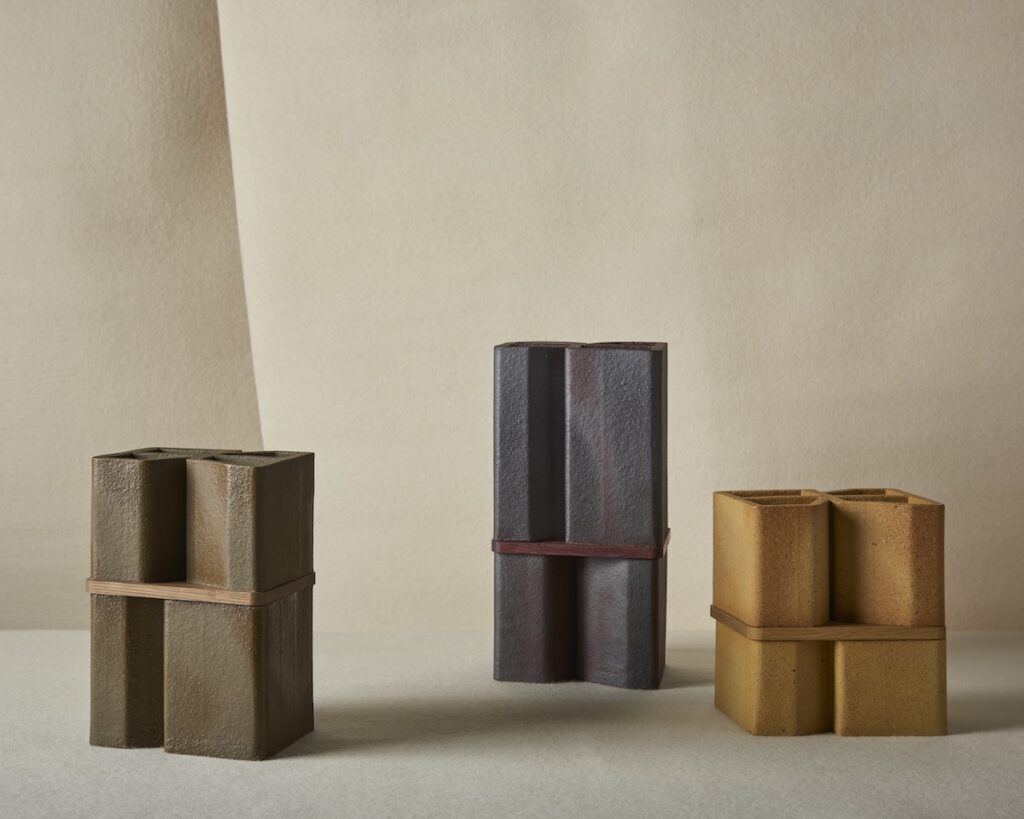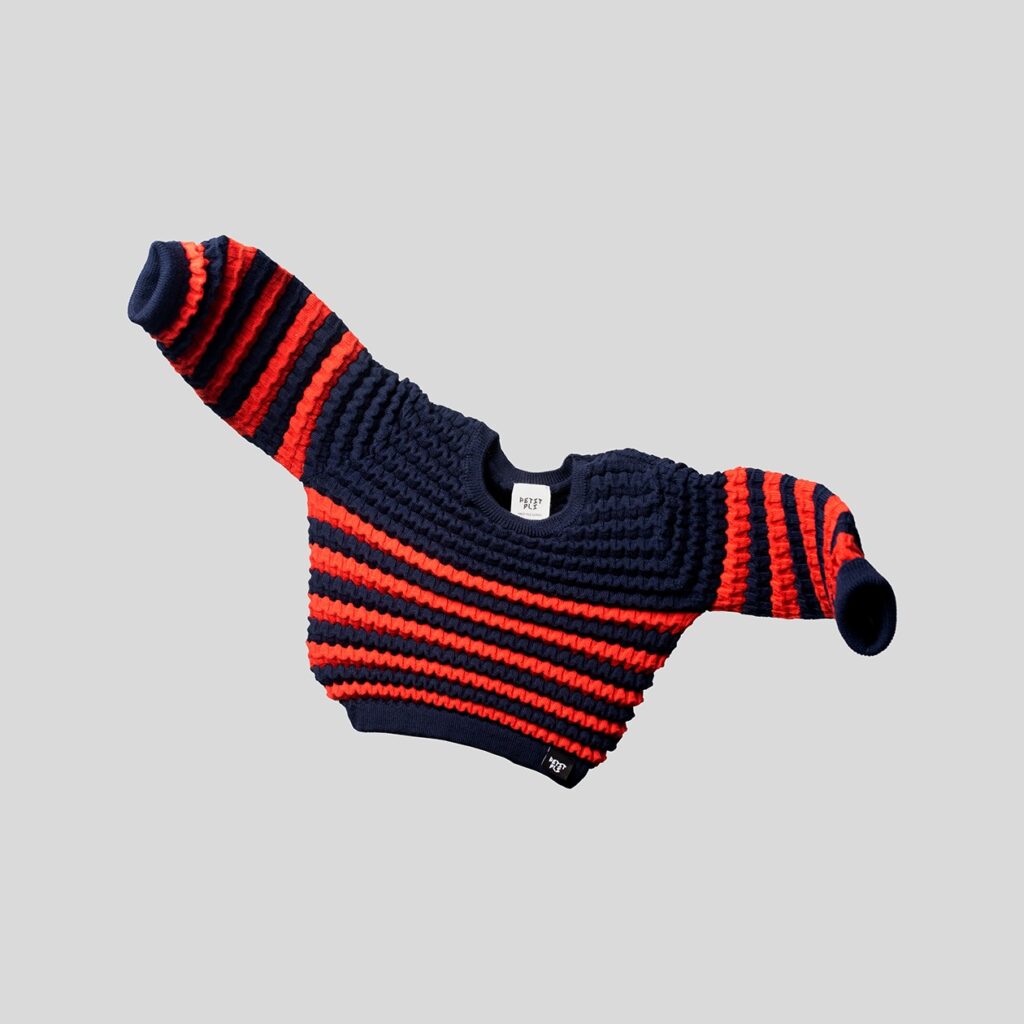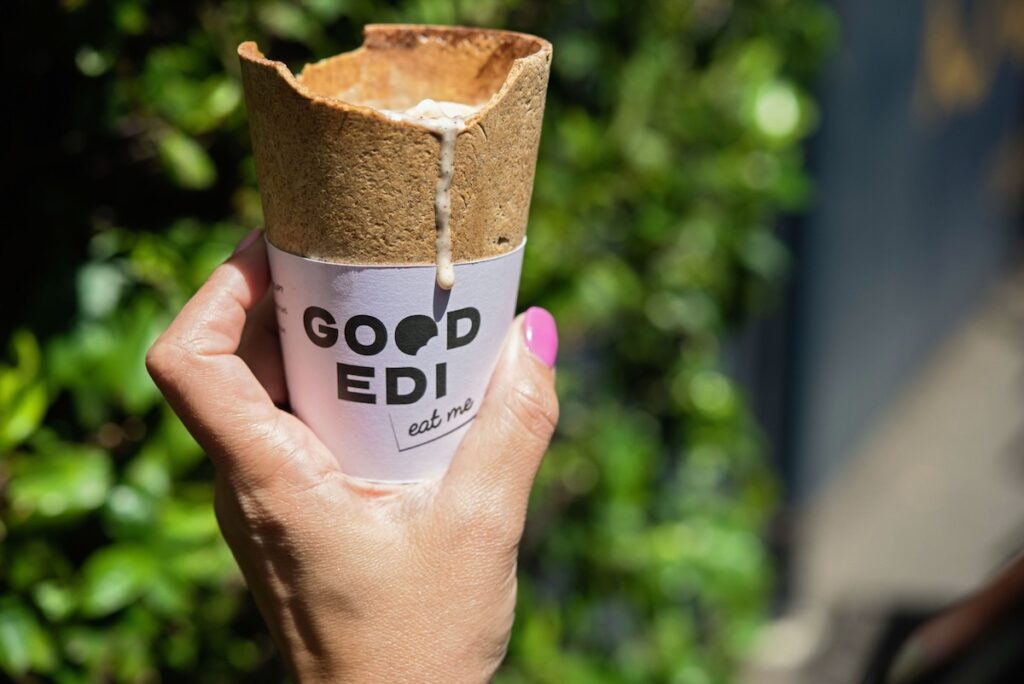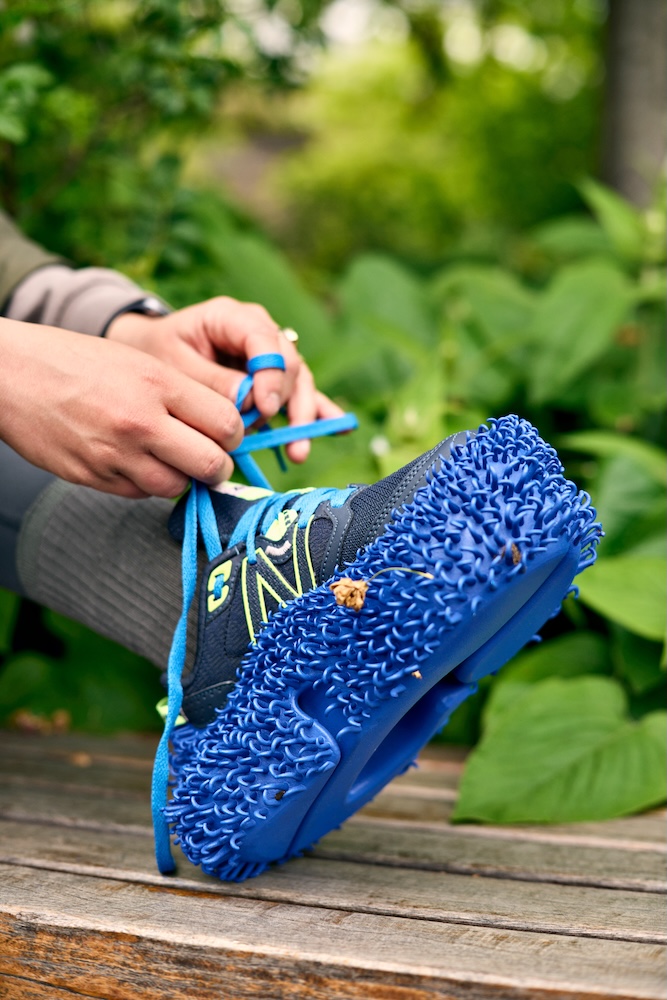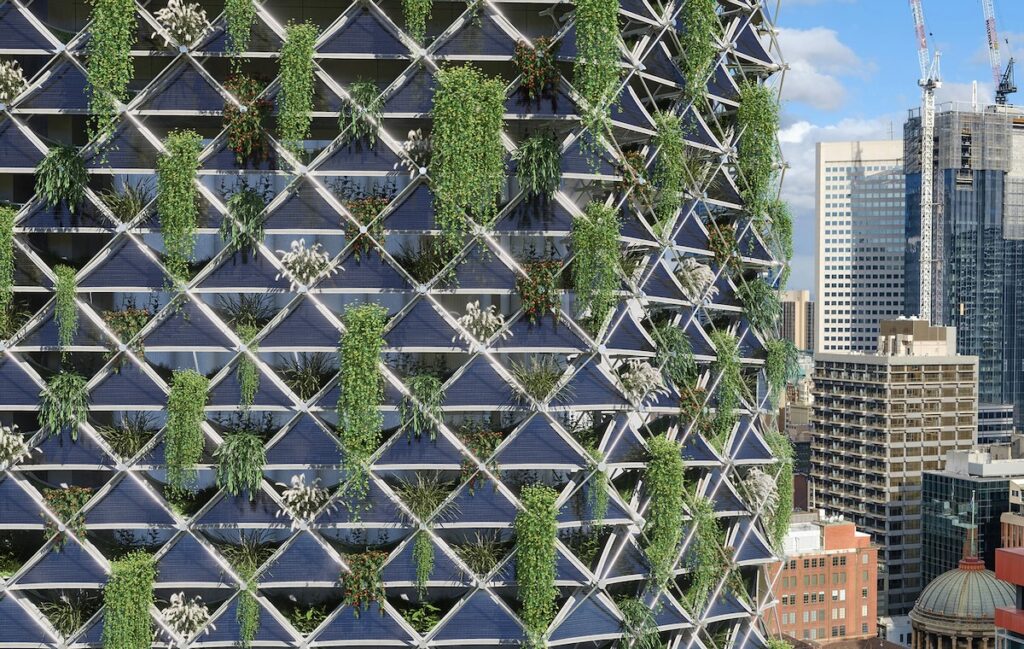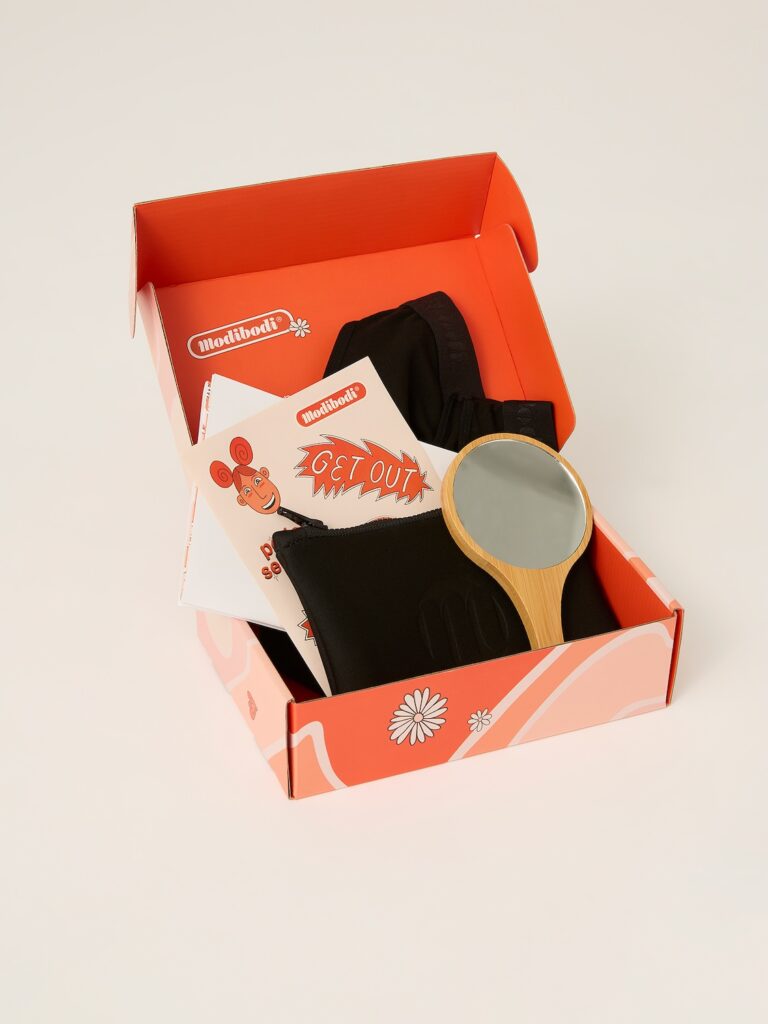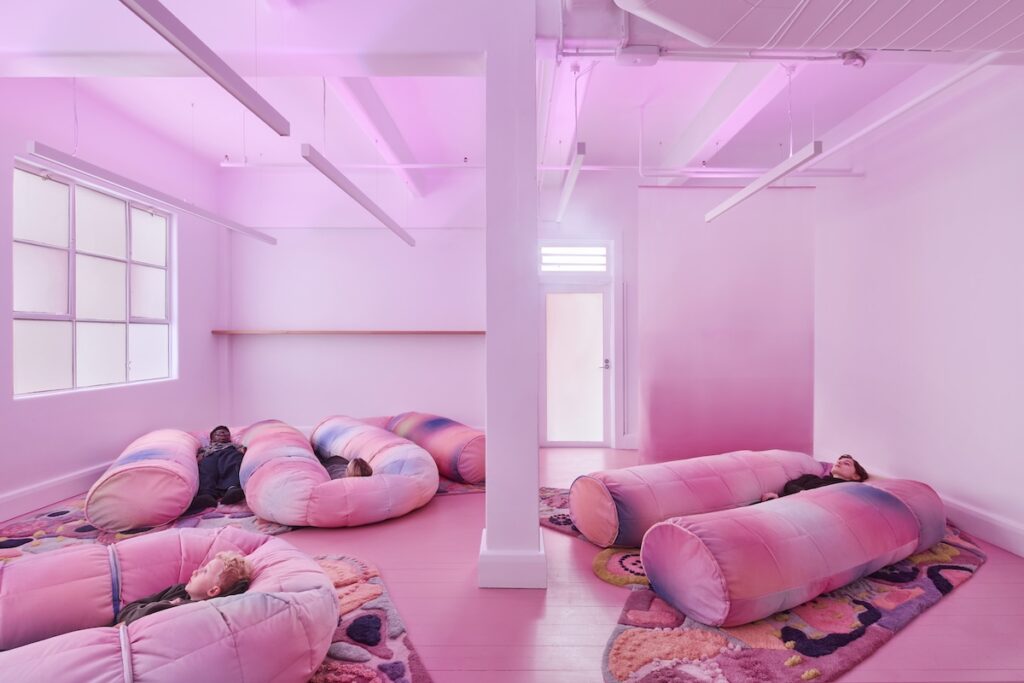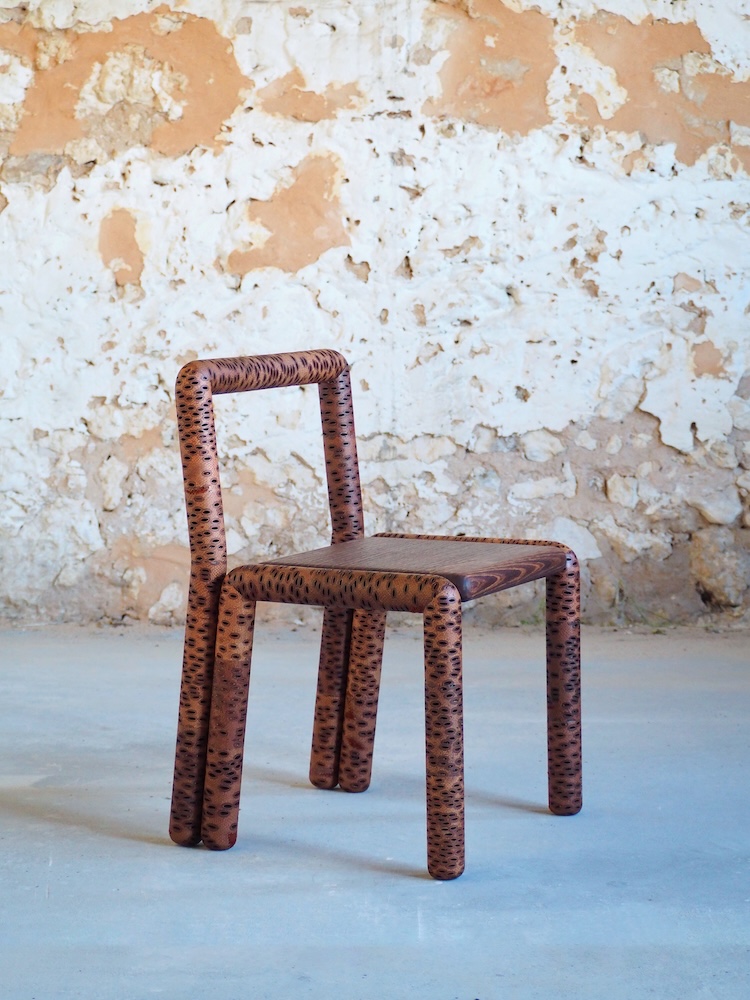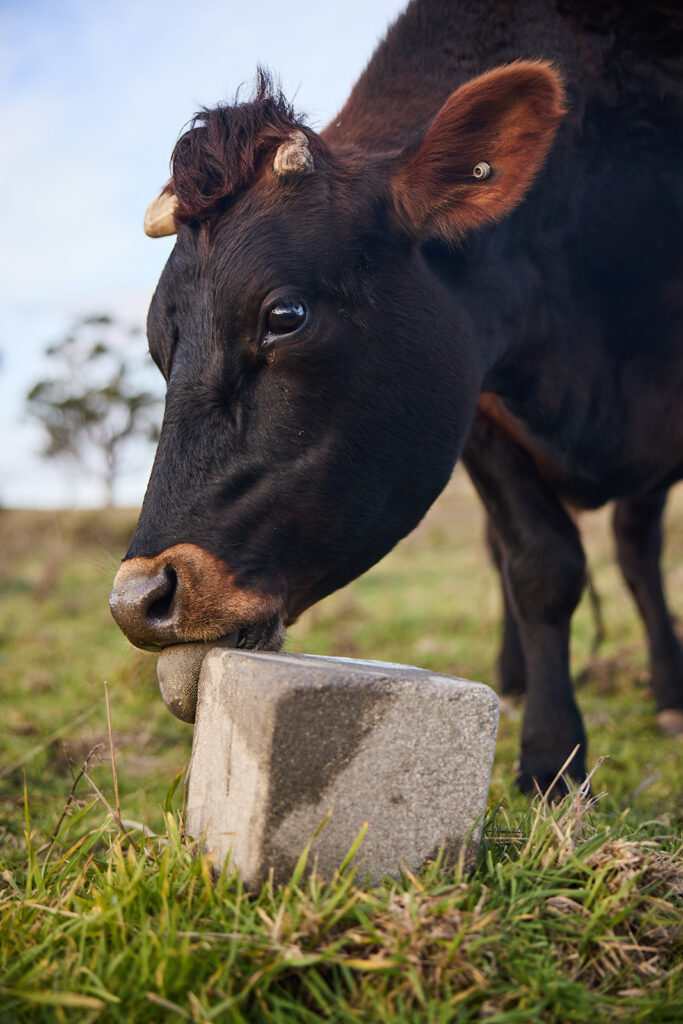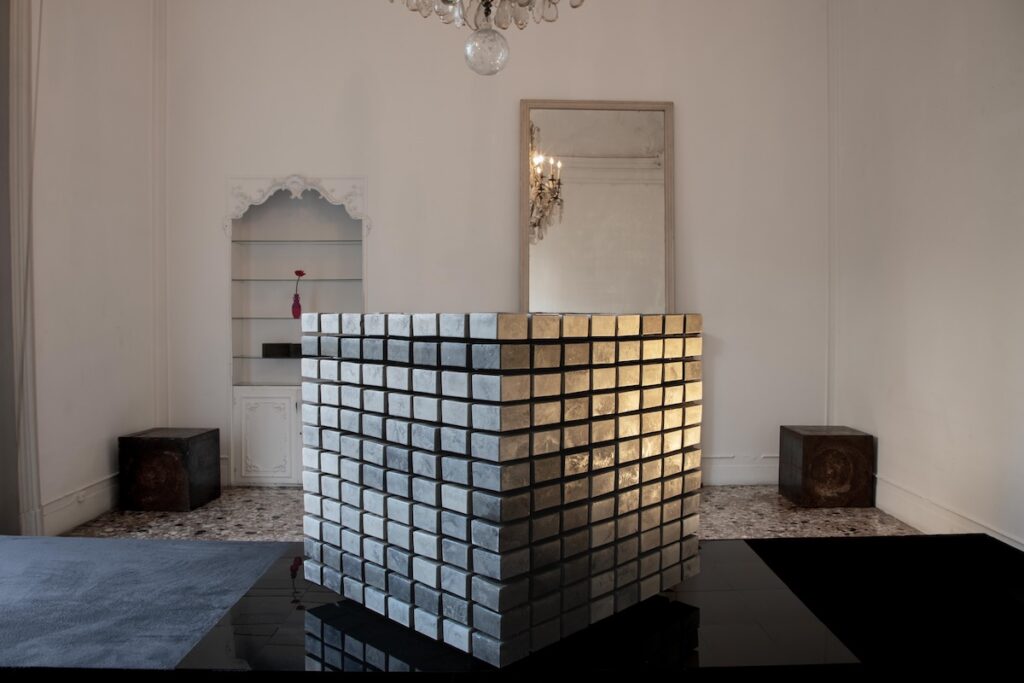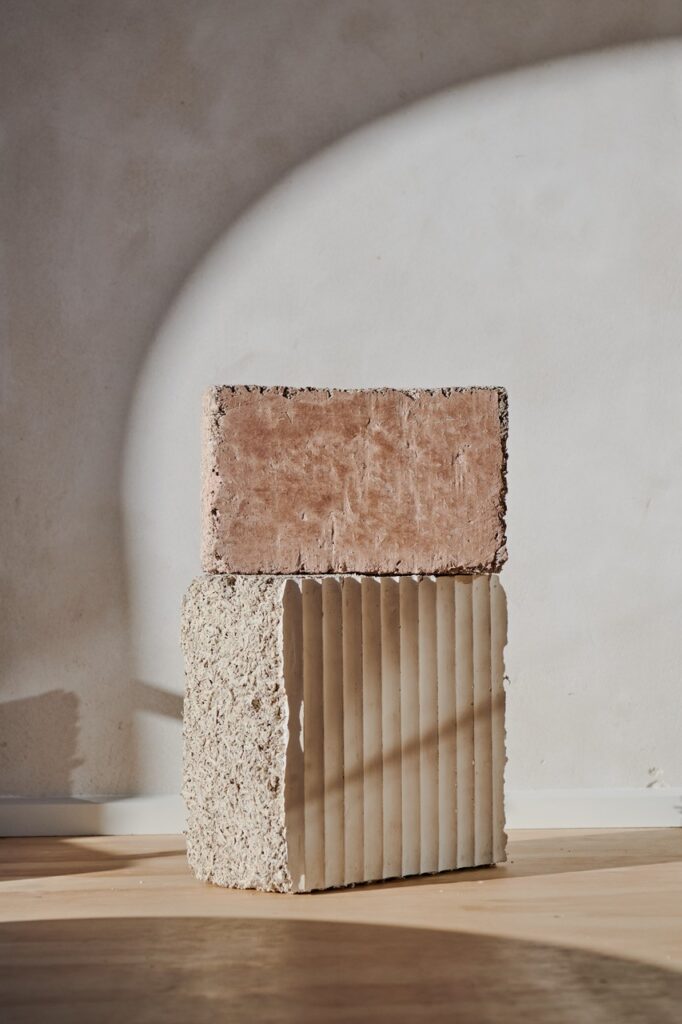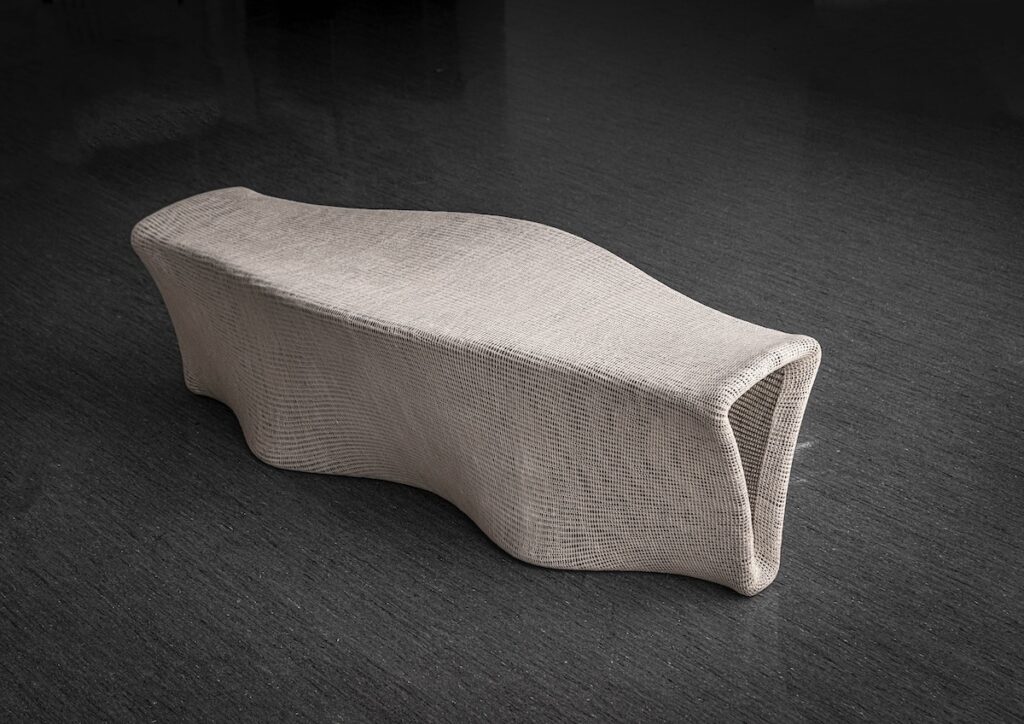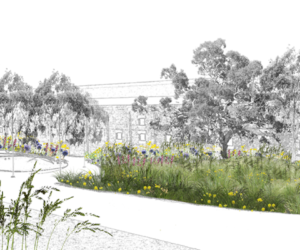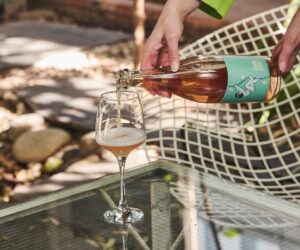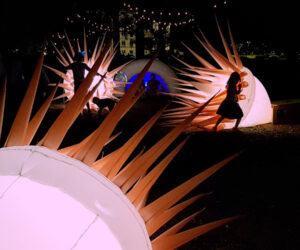Making Good: Redesigning the Everyday – NGV’s New Exhibition
From air-purifying paints to edible coffee cups and leather made from seafood waste and mushrooms, NGV’s latest design exhibition, Making Good: Redesigning the Everyday, brings together the work of more than 50 Australian and international designers, spotlighting products and systems that improve the health and wellbeing of society and the environment.
Opening at The Ian Potter Centre: NGV Australia on 29 August, Making Good explores a powerful shift in design practice driven by studios and entrepreneurs who are transforming products used in daily life such as clothing, toiletries, and grocery items, to be both functional and make a positive impact.
Visitors will discover designers who have developed innovative solutions to repurpose and recycle construction waste into sustainable building materials. These designers include glass artist Matthew Curtis, who has developed architectural glass blocks made from recycled television screens and waste float-glass from the construction industry, and Sydney-based Besley & Spresser’s Oyster Terrazzo combining Sydney Rock Oyster shell waste from local restaurants with white cement, ochres, and recycled marble to create a Terrazzo-like building material.
Other innovators in the building sector are creating sustainable alternatives that serve a greater purpose to benefit consumers, including Singaporean paint brand Gush, who has developed a science-based paint formula that rids the air of pollutants and actively cleans the air around it. Exhibition visitors will experience the air-purifying paint that is applied to an accent wall. Other Matter has developed a plastic free signage film designed to replace conventional plastic vinyl signage used as window decals for retail displays, in exhibitions and at events. Unlike typical single-use, non-recyclable vinyl, this sustainable alternative offers the added benefits of being reusable and recyclable.
A section of the exhibition showcases how product innovation and socially led design is improving women’s healthcare, including 99 percent plastic free pregnancy tests by Hoopsy and Modi Bodi’s First Period Kit, created to empower young people and their caregivers and offer a variety of product options for menstruation. With the ambition of offering products that enhance female sexual health, Melbourne-based brand Bed Intentions have developed the first certified microbiome safe water-based lubricant that is enriched with prebiotics and actively supports the female reproductive system.
Responding to consumer demand for more sustainable solutions to fast-fashion through material innovations, Petit Pli has created children’s clothing which uses an engineered textile design that grows with the child, reducing the amount of clothes consumed as the child grows older.
Further material innovations from the fashion sector focusing on environmental impact include TômTex whose leather-alternative made from seafood waste and mushrooms is presented in the exhibition as a handbag and a dress by New York-based designer Allina Liu; and Kiki Grammatopoulos’ eco-conscious running shoes, which spread seeds with each step to support the rewilding of urban environments.
Food-related innovations are transforming everyday kitchen items to reduce waste and rethink the reliance on single use plastics. Highlights include a biodegradable straw made from seaweed created by Loliware, Good-Edi’s edible coffee cups produced using locally sourced grains made in Melbourne, and Great Wrap’s compostable cling wrap created from food waste.
Showcasing ways that product innovation and socially led design is improving healthcare, the exhibition will present a cutting-edge Vision Kit created by OOXii Global, that is reshaping how vision screening can be brought to people globally who lack access to affordable glasses. Through an OOXii testing wheel and customisable eyewear, the Vision Kit provides the tools for people to receive eye testing and assembled glasses immediately after their exam using pre-cut lenses and adjustable frames. Also on display will be the Light Phone III, a product that addresses the proliferation of technology in every aspect of daily life and offers a minimalist alternative to conventional smartphones with a simple design providing essential tools without the added distractions available on modern mobiles.
Tony Ellwood AM, Director, NGV said: “The innovations presented in Making Good reflect a pivotal moment in how designers are conceptualising their work, going beyond function to consider the social and environmental impact of products.”
Professor Tim Marshall, Deputy Vice-Chancellor Design & Social Context and Vice President, RMIT University said: “Making Good showcases forward-thinking design that will inspire creativity, spark conversations and most importantly, drive change towards a more regenerative future.”
Presented in partnership with Futures Partner, RMIT, NGV will host a full-day symposium exploring key exhibition themes and concepts on Friday 29 August. The panel discussions will include moderators from RMIT and NGV and feature exhibitors and designers profiled within the exhibition.
Making Good: Redesigning the Everyday will be on display at NGV International from 29 August 2025 – 1 February 2026. Free entry. Further information is available via the NGV website.
More information: ngv.vic.gov.au
